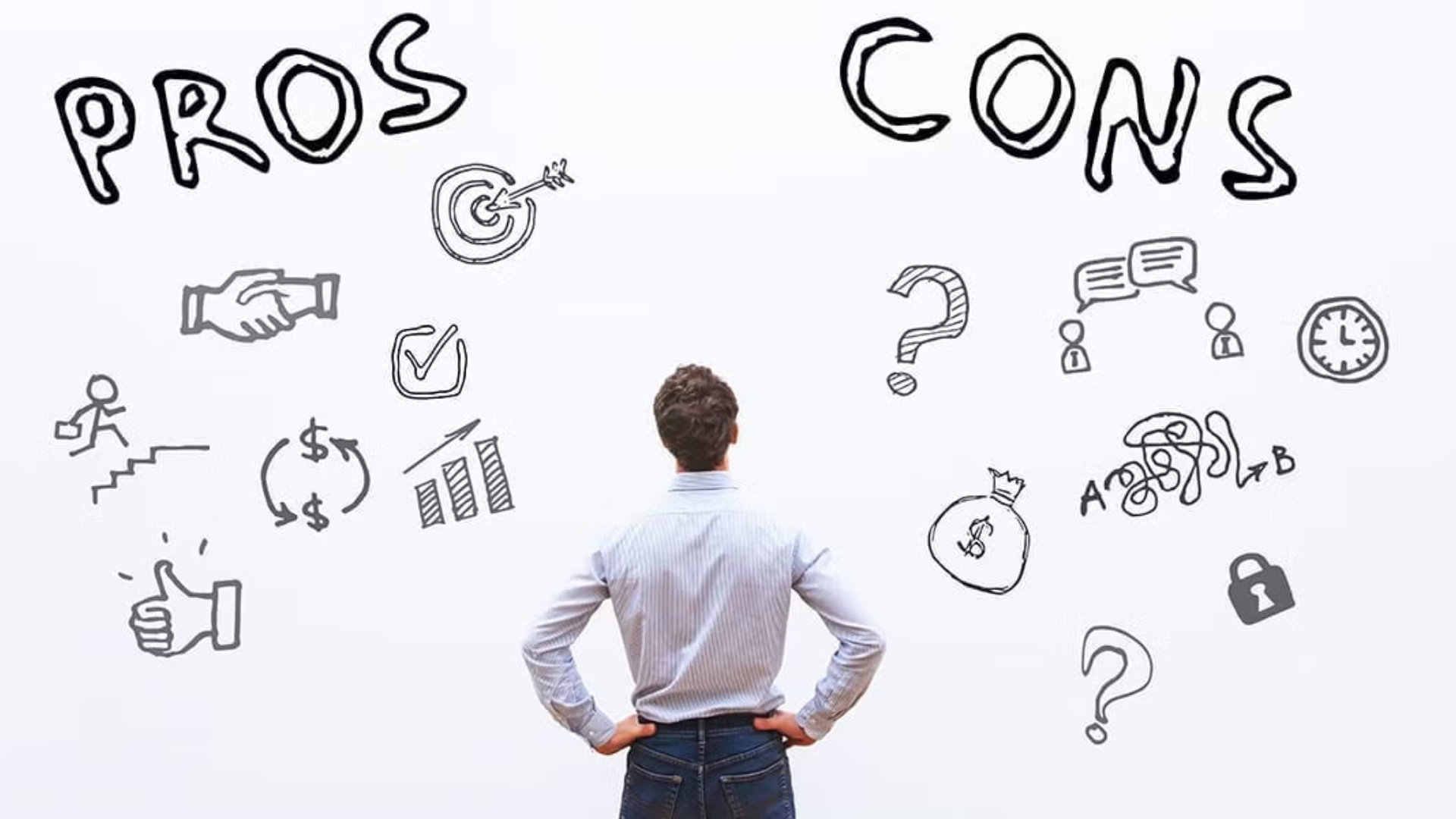Insurance. It’s like that gym membership you pay for but hope you never have to use. But when you do need it, you want to make sure it actually covers what you expect. With so many options out there, finding the best coverage can feel like choosing between a hundred different flavors of ice cream—except some flavors might bankrupt you.
This ultimate guide will break down everything you need to know about insurance, from understanding the basics to comparing policies like a pro. Let’s get started!
Understanding Insurance: Why Do You Even Need It?
If life were predictable, insurance companies would go out of business. But unfortunately, life loves surprises—some good, some… not so much. That’s where insurance comes in. It acts as a financial safety net, catching you when things don’t go as planned.
The Big Three Reasons to Have Insurance:
- Protection – Covers unexpected costs that could wipe out your savings.
- Peace of Mind – Helps you sleep at night knowing you’re covered.
- Legal or Financial Obligation – Some types of insurance (like car or health insurance) are mandatory.
Whether it’s health, home, auto, or life insurance, each type serves a different purpose. Let’s break them down one by one.
Types of Insurance: Which Ones Do You Really Need?
Not all insurance policies are created equal. Some are essential, while others might just be fancy add-ons. Here’s a look at the most common types:
1. Health Insurance – Because Hospitals Are Expensive
Health insurance is one of the most crucial types of coverage. A single hospital visit can cost thousands of dollars, and without insurance, you might have to sell a kidney just to pay for your medical bills (which is ironically a medical issue).
What to Look for in a Good Health Insurance Plan:
- Coverage for Doctor Visits & Hospital Stays
- Prescription Drug Coverage
- Reasonable Premiums & Deductibles
- A Network of Good Doctors & Hospitals
Tip: If your employer offers health insurance, take it! Employer-sponsored plans are often cheaper and provide better coverage.
2. Auto Insurance – Because Accidents Happen
If you drive, auto insurance isn’t just recommended—it’s legally required in most places. But not all car insurance policies are equal.
Types of Auto Insurance Coverage:
| Coverage Type | What It Covers |
|---|---|
| Liability Coverage | Damage to others if you cause an accident |
| Collision Coverage | Repairs to your car after an accident |
| Comprehensive | Theft, vandalism, natural disasters |
| Uninsured Motorist | Protection if the other driver has no insurance |
Tip: If your car isn’t worth much, you might skip comprehensive and collision coverage. No point in paying more for insurance than the car itself is worth!
3. Homeowners & Renters Insurance – Because Life is Full of Surprises
Your home is one of your biggest investments, and protecting it is a no-brainer. Even if you rent, having coverage for your belongings can save you a lot of headaches.
What’s Typically Covered?
- Fire & Natural Disasters – Because nature can be ruthless.
- Theft & Vandalism – Because burglars don’t take days off.
- Liability Coverage – If someone gets injured on your property.
Tip: Always read the fine print. Some policies don’t cover floods or earthquakes, so you may need extra coverage.
4. Life Insurance – For When You’re Not Around
Life insurance isn’t about you—it’s about making sure your loved ones are taken care of when you’re gone.
Two Main Types of Life Insurance:
- Term Life Insurance – Covers you for a set period (cheaper and simpler).
- Whole Life Insurance – Covers you for life and builds cash value (more expensive but acts as an investment).
Tip: If no one relies on your income, you might not need life insurance yet.
How to Choose the Best Insurance Policy
Finding the right insurance policy is like dating. You need to compare options, look at the long-term benefits, and make sure it won’t break your heart (or bank account). Here’s how to pick the best one.
1. Compare Quotes
Never settle for the first policy you find. Get quotes from multiple providers to see who offers the best deal.
2. Check the Fine Print
Make sure you know what’s actually covered. Many people get a rude awakening when they realize their policy doesn’t cover something they assumed it would.
3. Consider the Deductible
A lower premium usually means a higher deductible. Choose a balance that makes sense for your financial situation.
4. Look at Customer Reviews
An insurance company can look great on paper but be a nightmare in reality. Check customer reviews and ratings to see how they handle claims.
5. Ask About Discounts
Many insurance companies offer discounts for things like bundling policies, having a good driving record, or even being a loyal customer.
Common Insurance Mistakes to Avoid
Even the best insurance policy won’t help if you make rookie mistakes. Here are some common ones to watch out for:
1. Not Having Enough Coverage
A cheap policy might save you money on premiums, but it won’t help much if it barely covers anything.
2. Ignoring Policy Exclusions
Many policies have exclusions (things they won’t cover). Read the fine print so you’re not caught off guard.
3. Forgetting to Update Your Policy
Major life changes—like getting married, buying a house, or having a kid—mean you should update your insurance accordingly.
4. Choosing the Cheapest Option Without Research
Saving money is great, but not at the cost of poor coverage or bad customer service.

Final Thoughts: Is Insurance Really Worth It?
Yes, absolutely. While paying for insurance might feel like throwing money into a black hole, it’s actually one of the smartest financial moves you can make. It protects you from unexpected disasters and gives you peace of mind.

